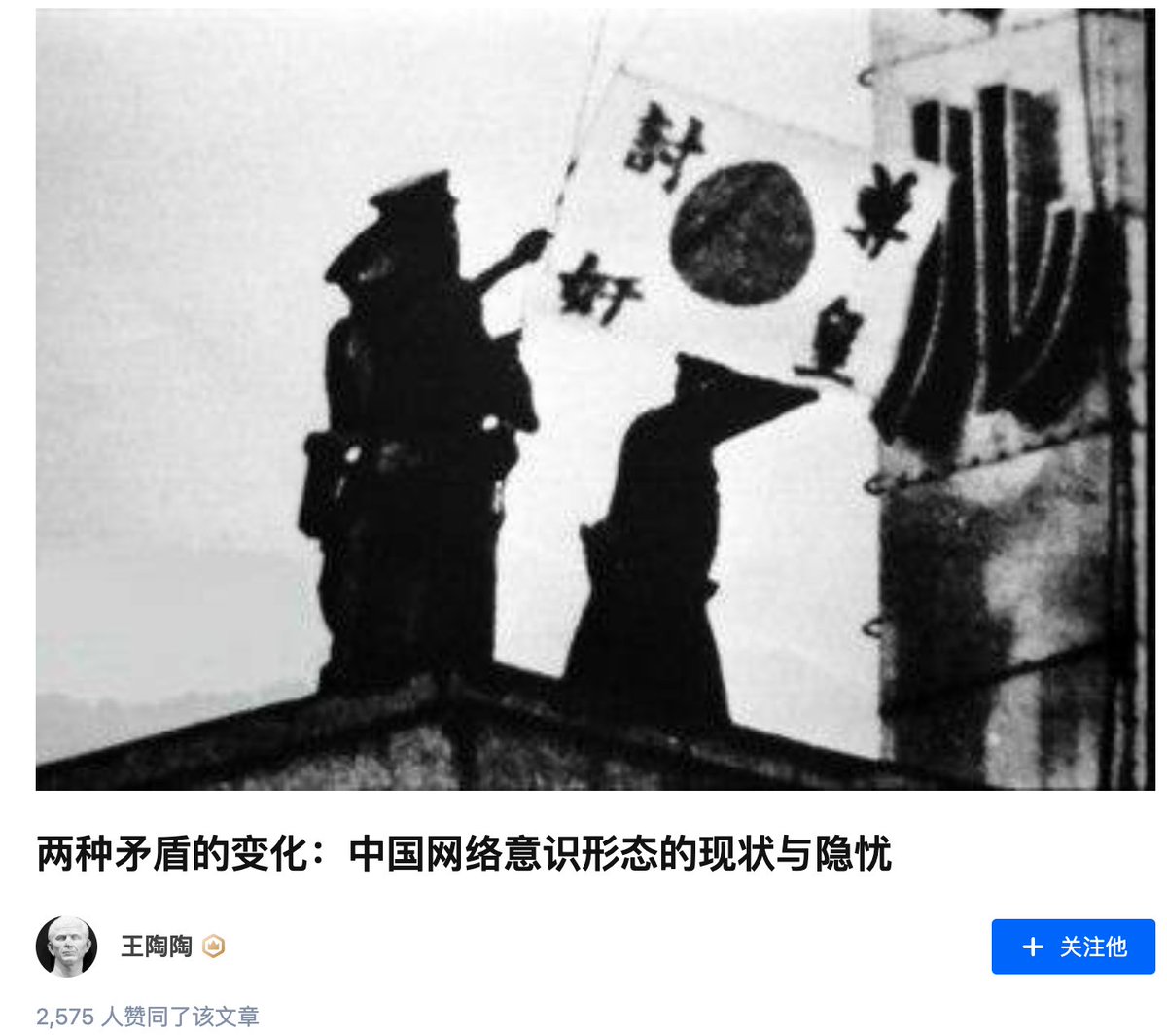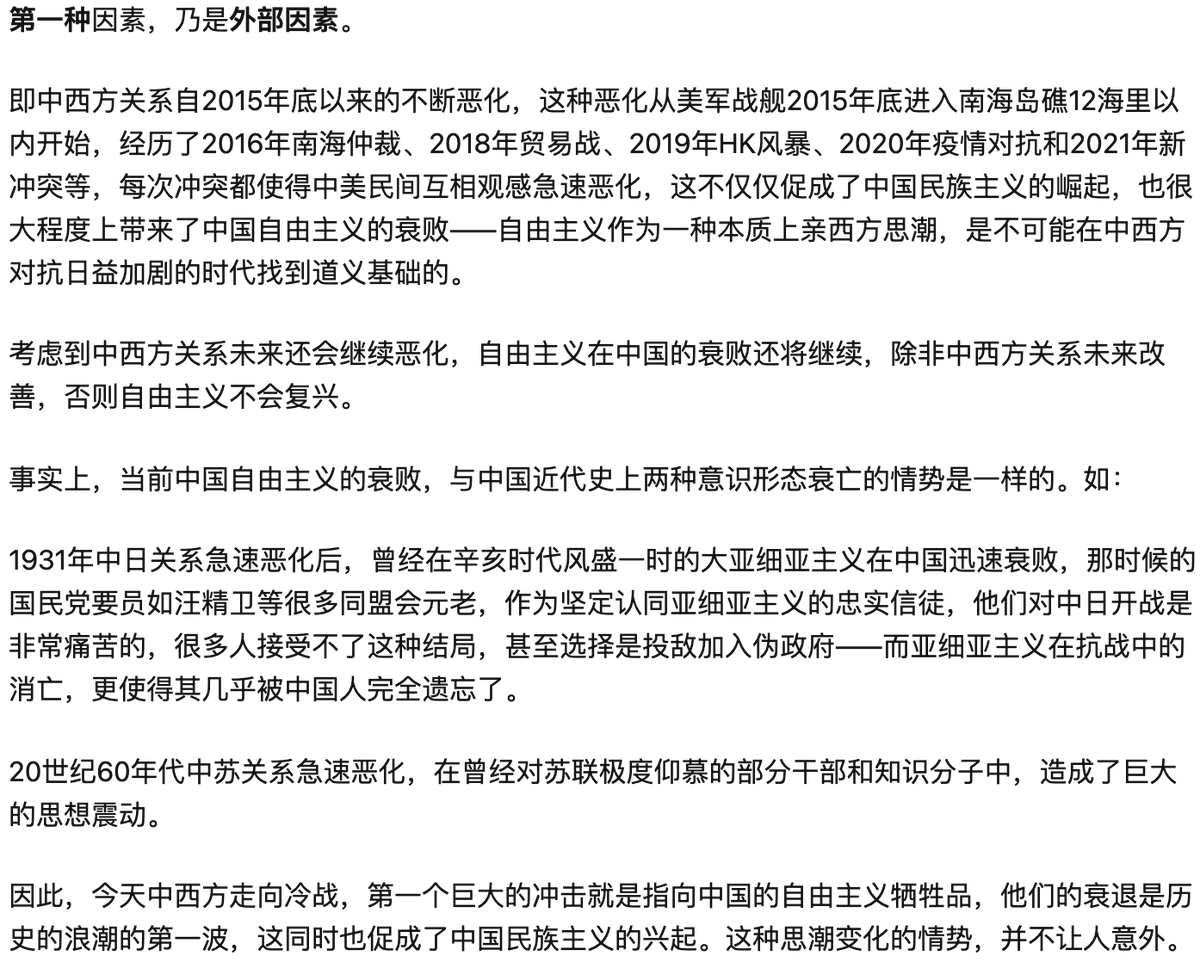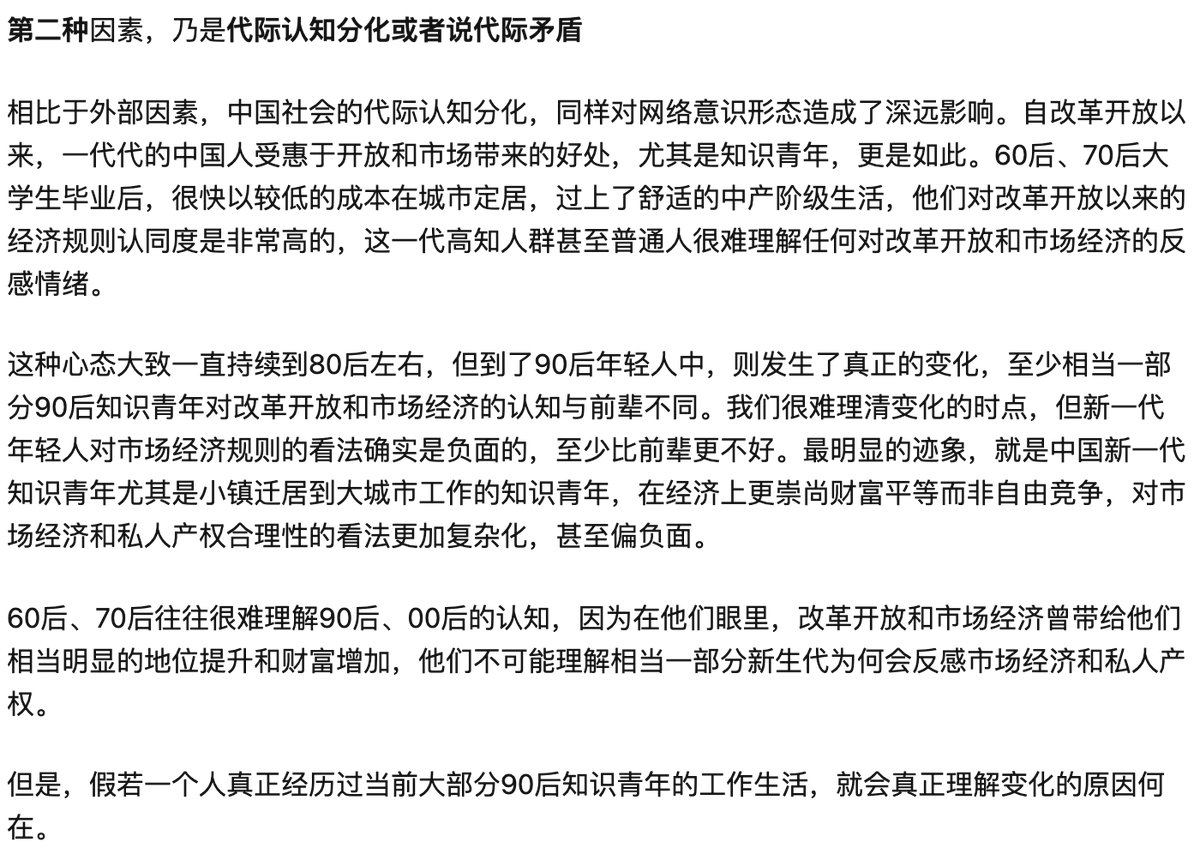
The most significant reforms Deng Xiaoping carried out were vertical decentralization and aggressive depoliticization: localities were isolated from the top and anything bubbling up from there could be evaluated through the logic of marketization and given ex post facto approval.
This was making official the lay of the land through the 1970s, when decentralization and depoliticization were already underway. Factional politics at the top, but commune and brigade enterprises and other novel organizations thriving down below. It only had to legitimized.
The Two Initiatives that formed the theoretical basis of Mao's own attempt at devolution of powers in the 1950s (after being forced to liquidate Gao Gang and Rao Shushi) were written into the 1982 Constitution. This created the most complex, dynamic modern political system.
Without a clear constitutional framework (except for that theoretical note on devolution of powers), cadres and their governments are self-funded, operating like radical cells or distributed ganglia. This is "adaptive authoritarianism"; this is "laboratories of democracy."
Privatizing the township and village enterprises is unconstitutional, probably. Holding competitive elections might be, too. But that's unclear. The only thing that's clear is this: the Party incentivizes experimentation (as long as there's minimal stability).
At a certain point, this can cause chaos. If there's factional competition at the top, as there was after Jiang Zemin officially departed, there's minimal direction and not enough reward for positive innovation. That helps explain centralization of power after 2011.
That doesn't completely explain it, however. Xi Jinping (and here this is just the name for the current Party elite) is headed for a new paradigm of individualized governance through Fourth Industrial Revolution technologies. The local cadre manager will no longer be crucial.
Xi Jinping promoting rule of law is a way to ensure this system to tame the localities. There will be a firm constitutional framework to limit excesses. It's also part of digital social governance. Artificial intelligence will be the supreme arbiter of the law.
• • •
Missing some Tweet in this thread? You can try to
force a refresh


















